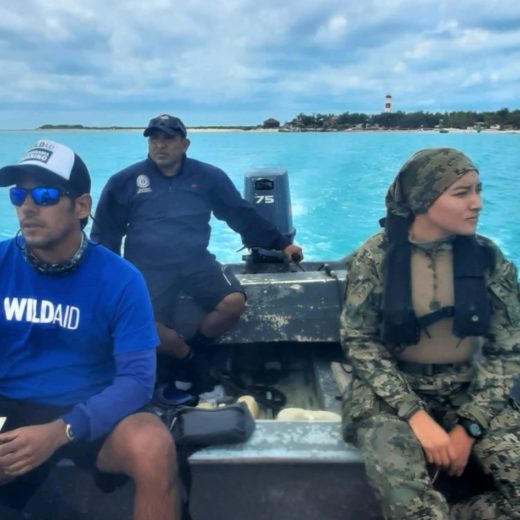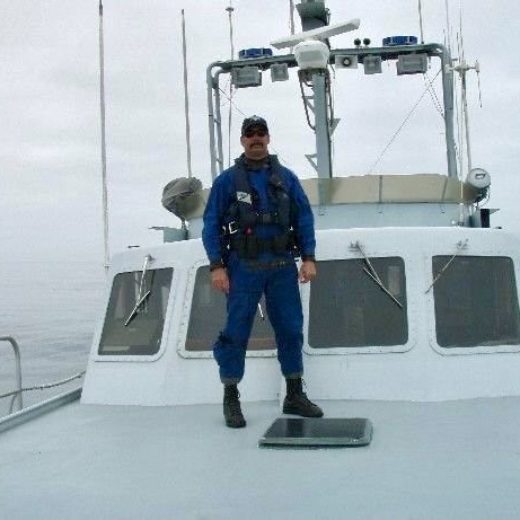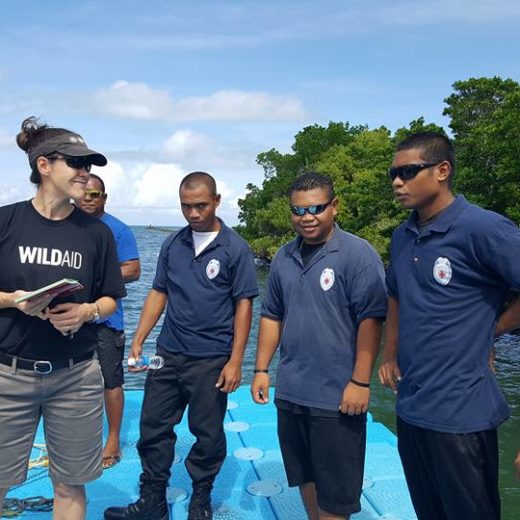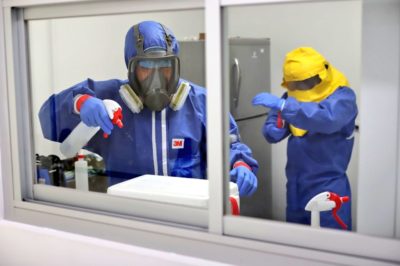
Just two years after its completion, a WildAid-funded biosecurity lab in the Galapagos Islands is playing an unexpected role in the fight against COVID-19. The Galapagos Biosecurity Laboratory, which is classified at Biosecurity Level II and III, is now ground-zero for COVID-19 testing in the region.
“Once again, we see how investing in wildlife conservation can protect public health,” says Meaghan Brosnan, WildAid Marine’s Program Director. “It is truly an honor to know that we were able to support the creation of the Galapagos Biosecurity Lab that is now playing a vital role in protecting the men, women, and children who call the Galapagos Islands home.”
The lab was built in 2018 by WildAid Marine and the Galapagos Biosecurity Agency (ABG) to strengthen the prevention and control of invasive species, pests, and diseases in the Galapagos Islands. But now lab scientists are able to perform approximately 100 COVID-19 tests per day, thanks to the coordinated efforts of the Galapagos Government Council, the Ministry of Public Health, the University of the Americas, and ABG, the Galapagos Biosecurity Agency.
Doctors from the Ministry of Public health collect samples, which are run using real-time reverse transcription-polymerase chain reaction, or RT-PCR. RT-PCR is now one of the most widely used methods for detecting the coronavirus because it relies on molecular biology techniques to detect genetic material specific to the COVID-19 virus. Once tests are submitted to the Galapagos Biosecurity Lab, test results are returned to patients within 24 hours. Amidst the ever-evolving coronavirus pandemic, access to this type of rapid testing is critical for the health and safety of the Galapagos Island community.
As of April 20th, there were 30 confirmed cases of COVID-19 in the Galapagos with a total of 996 samples successfully processed, according to official sources. The remote Galapagos Islands are home to more than 25,000 people and widespread COVID-19 testing is essential for understanding and controlling the spread of the virus in this isolated community. As a tourism hotspot, the region is particularly vulnerable to invasive species and pathogens, which threaten local human and wildlife populations.
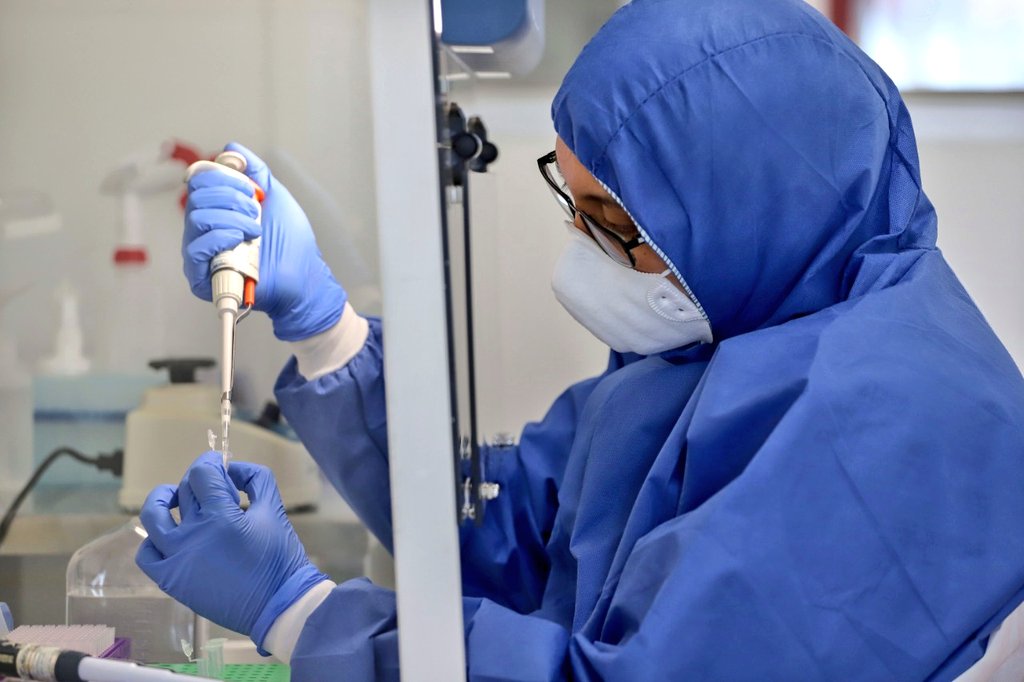

The lab has allowed the ABG and the Galapagos National Park to more quickly diagnose and respond to biosecurity concerns, greatly reducing the risk posed by invasive species. Additional improvements were made in 2019 to ensure the lab was equipped with a secure biocontainment room.
In addition to supporting conservation efforts through the prevention of invasive species, the lab, located on Santa Cruz Island, is made available to private and public agencies upon request. As we see with COVID-19 testing, the lab continues to prove invaluable in the ever-present fight against the clear and persistent danger presented by invasive species and emerging diseases. WildAid Marine is proud to support the Government of Ecuador and the men and women working on the frontlines to slow the spread of the coronavirus.
We are deeply humbled by their diligence and bravery in the face of such unprecedented times and remain committed to supporting the Galapagos as they work towards a safe and sustainable future.
This project was supported by the Leona M. and Harry B. Helmsley Charitable Trust.
All photographs were provided courtesy of the Galapagos Biosecurity Agency.
Stay in touch and get the latest WildAid updates.
SIGN UPAbout WildAid
WildAid is a non-profit organization with a mission to protect wildlife from illegal trade and other imminent threats. While most wildlife conservation groups focus on protecting animals from poaching, WildAid primarily works to reduce global consumption of wildlife products such as elephant ivory, rhino horn and shark fin soup. With an unrivaled portfolio of celebrity ambassadors and a global network of media partners, WildAid leverages more than $308 million in annual pro-bono media support with a simple message: When the Buying Stops, the Killing Can Too.
Journalists on deadline may email communications@wildaid.org
